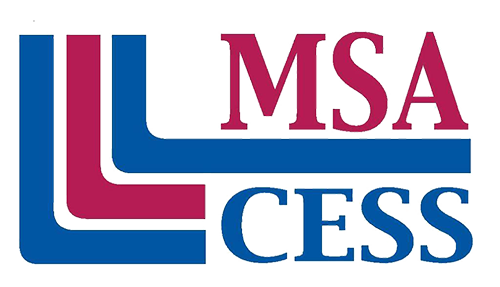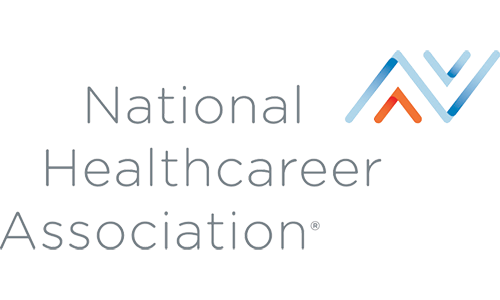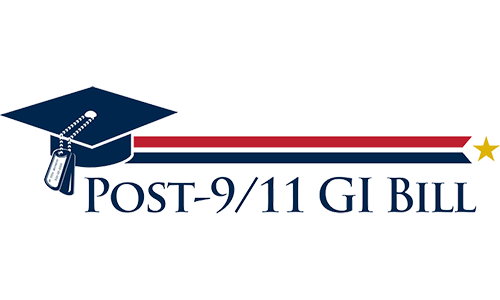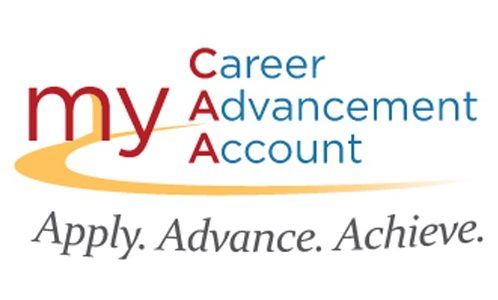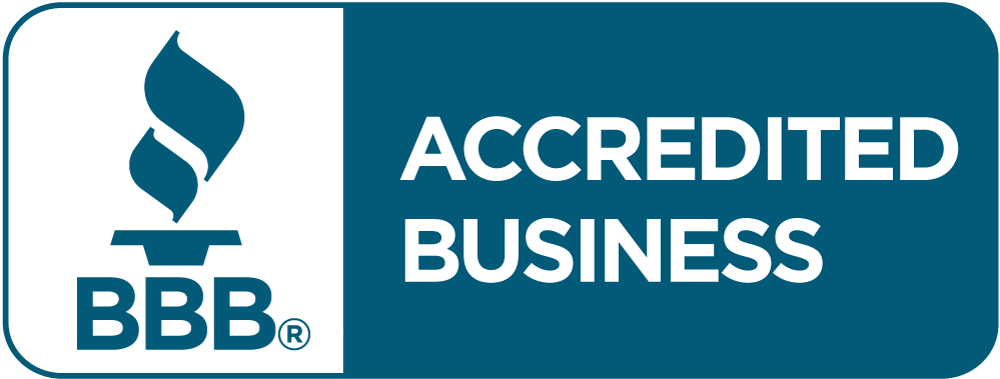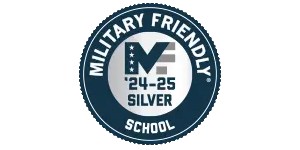ACI Medical & Dental School Prepares Students for In Demand Healthcare Jobs (Updated for 2023)
The National Healthcareer Association (NHA) has released their 2023 Industry Outlook, which continues to show that jobs for allied health professionals in the US are growing at 13%, a much faster rate than other professions. The report also shows the importance of holding necessary certifications and credentials in these professions. Here is a look at what the NHA report had to say about some of the careers for which students can become certified with industry recognized credentials at ACI Medical & Dental School.
Average job growth rate is compared to a national average of 2.8% across all industries.
Medical Assistant
Medical Assistants perform both clinical and administrative tasks, including assisting doctors during exams and minor surgeries, performing EKGs and phlebotomy procedures.
Job Outlook: 16% Average Job Growth Rate
81% of Employers Require or Prefer Certification for This Position
Employers Look for These 5 Skills:
- Clinical Experience
- Patient Communication
- Critical Thinking
- Professionalism / Soft Skills
- Time Management
Relevant ACI Program: Medical Assistant Certification
Patient Care Technician
Patient Care Technicians work closely with nurses and doctors, assisting patients with daily living activities as well as assisting with basic medical procedures.
Job Outlook: 9% Average Job Growth Rate
57% of Employers Require or Prefer Certification for This Position
Employers Report these main job responsibilities for Patient Care Techs:
- Basic Patient Care
- Safety Checks
- Administering Patient Care Supplies
- Ensuring Cleanliness of Patient Rooms
- Monitoring Vital Signs
Relevant ACI Program: Medical Assistant Certification
Phlebotomist
Phlebotomists take blood and collect samples for medical laboratories.
Job Outlook: 10% Average Job Growth Rate
83% of Employers Require or Prefer Certification for This Position
Employers Report these main job responsibilities for Phlebotomists
- Drawing Blood
- Explaining and Answering Patient Questions
- Prepare for Blood Tests
- Maintaining Equipment
- Verifying Identities
Relevant ACI Program: Medical Assistant Certification
Medical Administrative Assistant
Medical Administrative Assistants manage front office operations, including answering phones, scheduling appointments, and keeping track of Electronic Health Records.
Job Outlook: 10% Average Job Growth Rate
48% of Employers Require or Prefer Certification for This Position
Employers Look for These 5 Skills:
- Communication
- Professionalism
- Time Management
- EHR Skills
- Critical Thinking
Relevant ACI Program: Medical & Dental Administrative Assistant
Billing and Coding Specialist
Billing and Coding Specialists use medical codes to document patient diagnoses and treatments, and use that information for billing and insurance purposes.
Job Outlook: 7% Average Job Growth Rate
91% of Employers Require or Prefer Certification for This Position
Employers Look for These 5 Skills:
- Submitting Claims
- Billing & Coding Processing
- Auditing Billing
Relevant ACI Program: Medical & Dental Administrative Assistant
Top Continuing Education Trends According to the NHA
Healthcare is a dynamic and constantly changing field, so it is important for healthcare professionals, including Medical Assistants, Dental Assistants, and Medical & Dental Administrative Assistants, to stay up to date on the latest technology and methods through continuing education. In a recent blog post, the National Healthcareer Association (NHA) revealed the top trends in continuing education today, including:
Engaged Learning
Students learn best when they are able to engage and interact with the material. In particular, simulation and team-based activities are great ways to reinforce and build upon what they’ve learned.
At ACI Medical & Dental School, our students receive hands-on training with state of the art equipment in our on-site laboratory.
Interprofessional Education
According to the NHA, there is an increased demand for healthcare professionals to have a wider knowledge base beyond their specific discipline, which ultimately leads to better patient care and cooperation among healthcare teams.
Our students learn concepts that can be applied to a variety of healthcare settings. In particular, students in our Administrative Assistant program will be prepared to work in either the medical or dental field, doubling their potential job opportunities and their value to employers.
Personalized Training
Studies have shown that a personalized learning experience can have a very positive impact on a student. Our students receive comprehensive instruction from industry professionals in a nurturing, supportive environment. We are dedicated to the success of every student!
Filling the Knowledge and Skills Gap
According to the NHA, students learn better when they supplement what they learn in class with additional training. In addition to our medical & dental programs, our students complete a 180-hour internship at a medical or dental facility to reinforce what they learn in class with hands-on career training.
Contact ACI Medical & Dental School today to take the first step towards one of these in demand careers!

